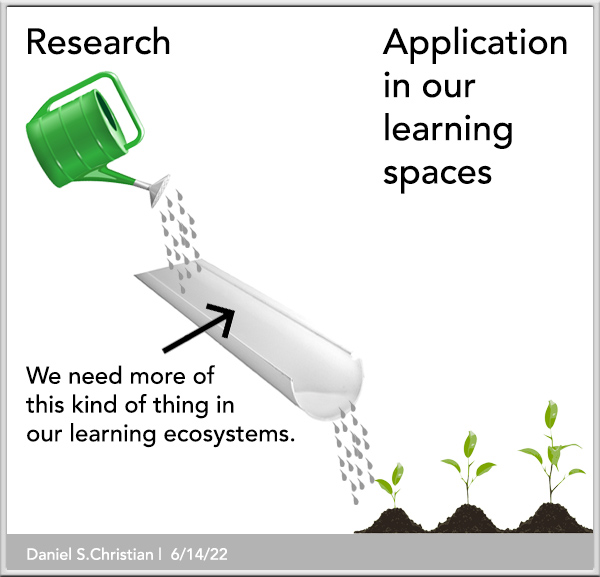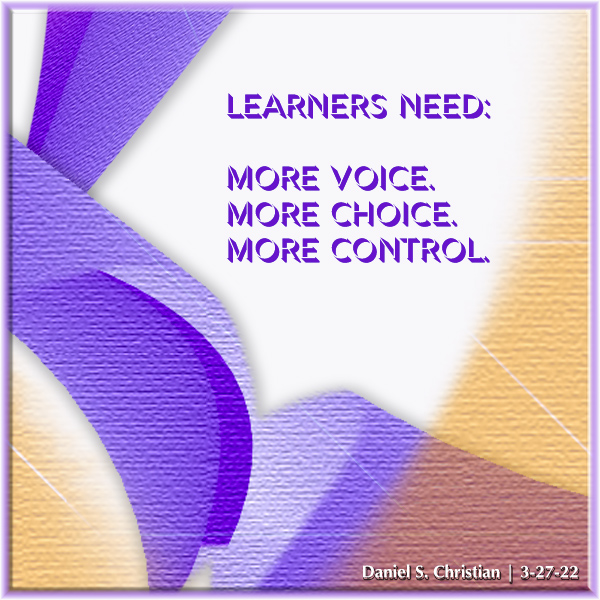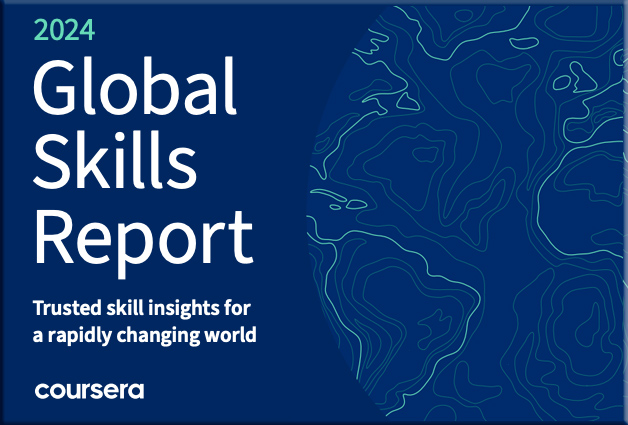Latent Expertise: Everyone is in R&D — from oneusefulthing.org by Ethan Mollick
Ideas come from the edges, not the center
Excerpt (emphasis DSC):
And to understand the value of AI, they need to do R&D. Since AI doesn’t work like traditional software, but more like a person (even though it isn’t one), there is no reason to suspect that the IT department has the best AI prompters, nor that it has any particular insight into the best uses of AI inside an organization. IT certainly plays a role, but the actual use cases will come from workers and managers who find opportunities to use AI to help them with their job. In fact, for large companies, the source of any real advantage in AI will come from the expertise of their employees, which is needed to unlock the expertise latent in AI.
OpenAI’s former chief scientist is starting a new AI company — from theverge.com by Emma Roth
Ilya Sutskever is launching Safe Superintelligence Inc., an AI startup that will prioritize safety over ‘commercial pressures.’
Ilya Sutskever, OpenAI’s co-founder and former chief scientist, is starting a new AI company focused on safety. In a post on Wednesday, Sutskever revealed Safe Superintelligence Inc. (SSI), a startup with “one goal and one product:” creating a safe and powerful AI system.
Ilya Sutskever Has a New Plan for Safe Superintelligence — from bloomberg.com by Ashlee Vance (behind a paywall)
OpenAI’s co-founder discloses his plans to continue his work at a new research lab focused on artificial general intelligence.
Safe Superintelligence — from theneurondaily.com by Noah Edelman
Ilya Sutskever is kind of a big deal in AI, to put it lightly.
Part of OpenAI’s founding team, Ilya was Chief Data Scientist (read: genius) before being part of the coup that fired Sam Altman.
…
Yesterday, Ilya announced that he’s forming a new initiative called Safe Superintelligence.
If AGI = AI that can perform a wide range of tasks at our level, then Superintelligence = an even more advanced AI that surpasses human capabilities in all areas.
AI is exhausting the power grid. Tech firms are seeking a miracle solution. — from washingtonpost.com by Evan Halper and Caroline O’Donovan
As power needs of AI push emissions up and put big tech in a bind, companies put their faith in elusive — some say improbable — technologies.
As the tech giants compete in a global AI arms race, a frenzy of data center construction is sweeping the country. Some computing campuses require as much energy as a modest-sized city, turning tech firms that promised to lead the way into a clean energy future into some of the world’s most insatiable guzzlers of power. Their projected energy needs are so huge, some worry whether there will be enough electricity to meet them from any source.
Microsoft, OpenAI, Nvidia join feds for first AI attack simulation — from axios.com by Sam Sabin
Federal officials, AI model operators and cybersecurity companies ran the first joint simulation of a cyberattack involving a critical AI system last week.
Why it matters: Responding to a cyberattack on an AI-enabled system will require a different playbook than the typical hack, participants told Axios.
The big picture: Both Washington and Silicon Valley are attempting to get ahead of the unique cyber threats facing AI companies before they become more prominent.
Hot summer of AI video: Luma & Runway drop amazing new models — from heatherbcooper.substack.com by Heather Cooper
Plus an amazing FREE video to sound app from ElevenLabs

Immediately after we saw Sora-like videos from KLING, Luma AI’s Dream Machine video results overshadowed them.
…
Dream Machine is a next-generation AI video model that creates high-quality, realistic shots from text instructions and images.
Introducing Gen-3 Alpha — from runwayml.com by Anastasis Germanidis
A new frontier for high-fidelity, controllable video generation.
AI-Generated Movies Are Around the Corner — from news.theaiexchange.com by The AI Exchange
The future of AI in filmmaking; participate in our AI for Agencies survey
AI-Generated Feature Films Are Around the Corner.
We predict feature-film length AI-generated films are coming by the end of 2025, if not sooner.
Don’t believe us? You need to check out Runway ML’s new Gen-3 model they released this week.
They’re not the only ones. We also have Pika, which just raised $80M. And Google’s Veo. And OpenAI’s Sora. (+ many others)
















